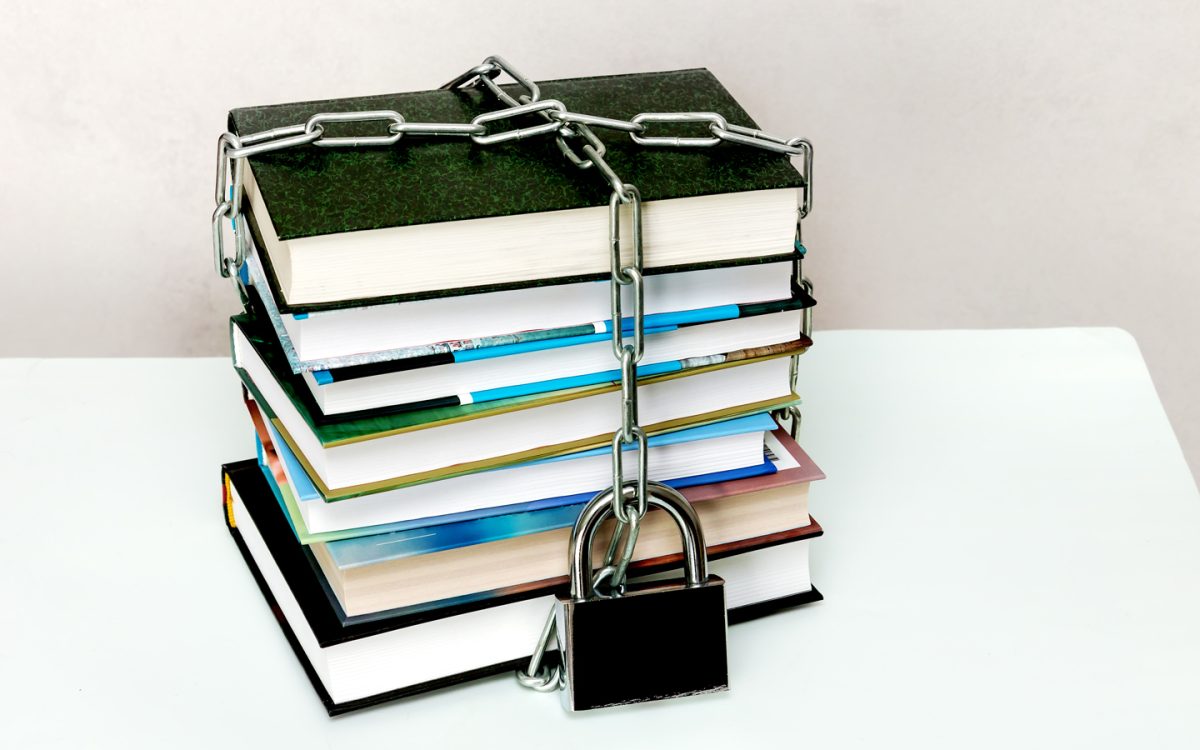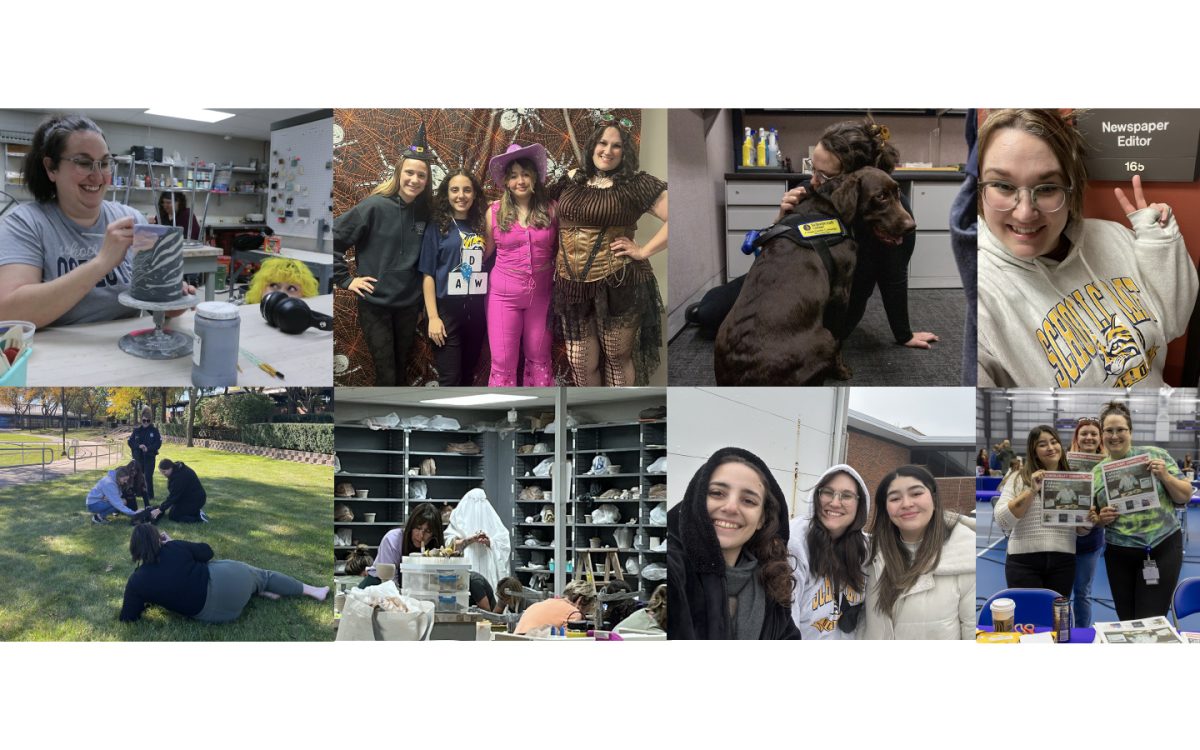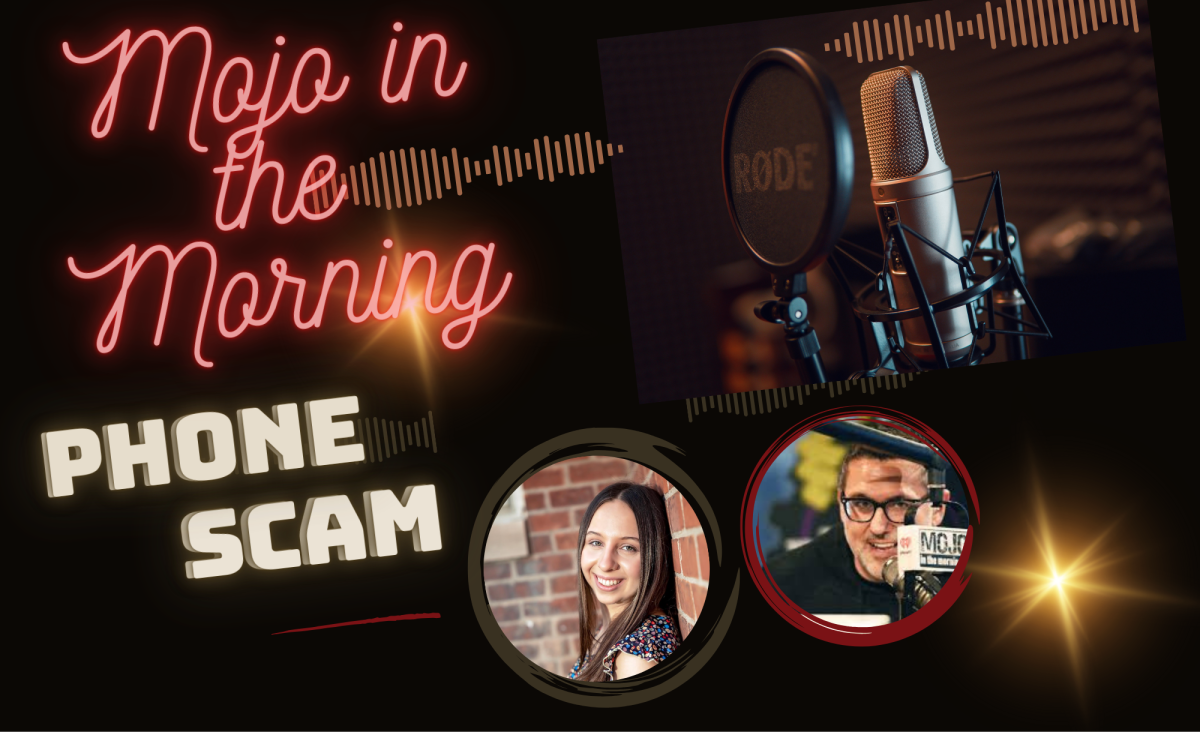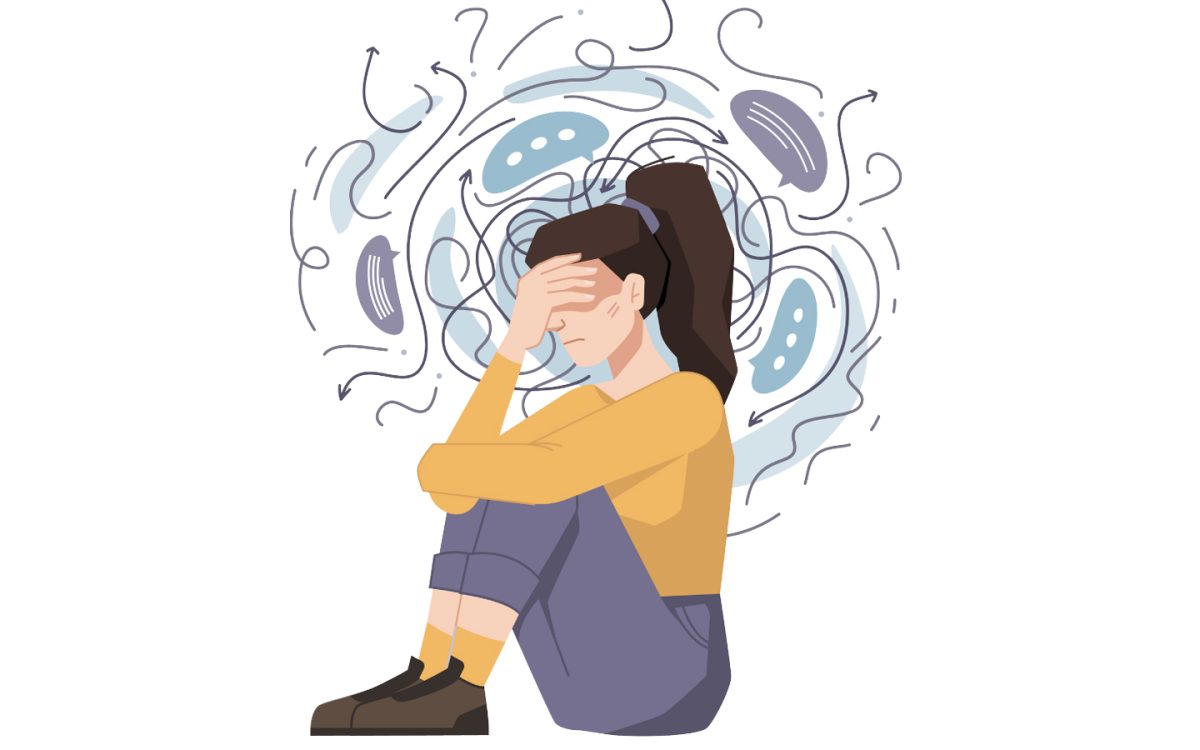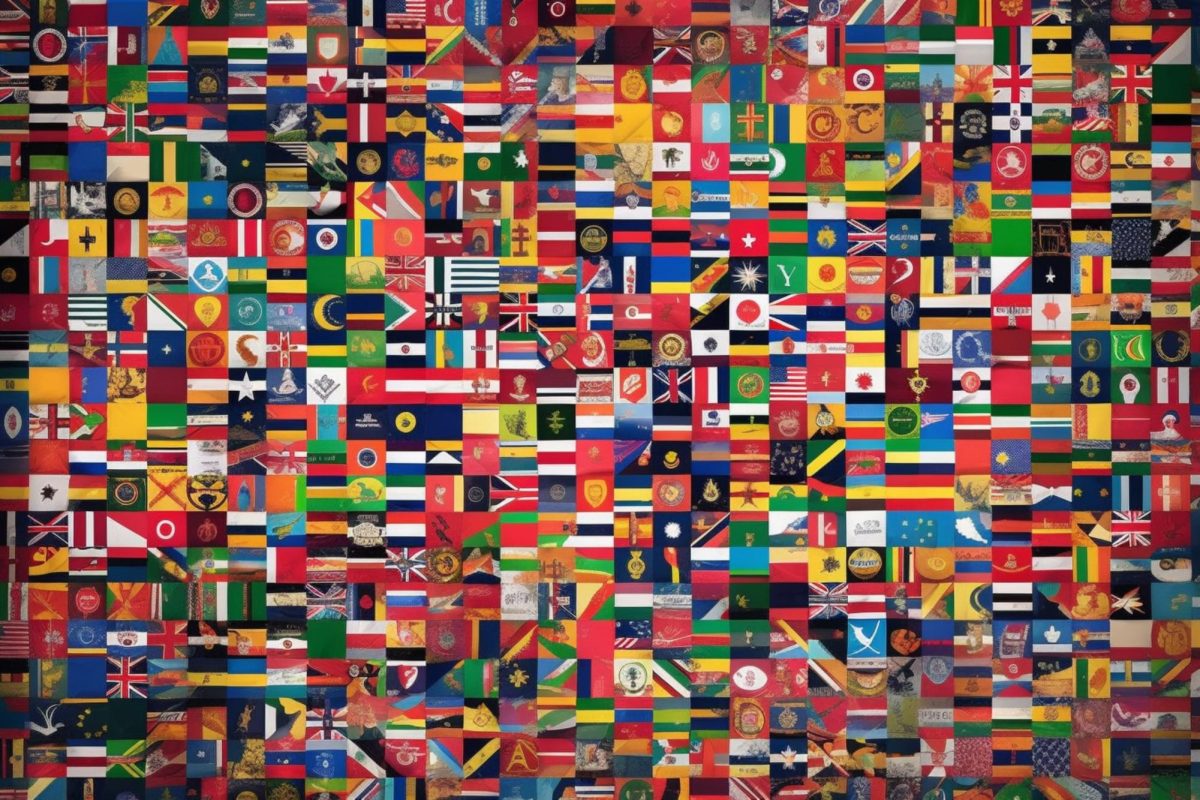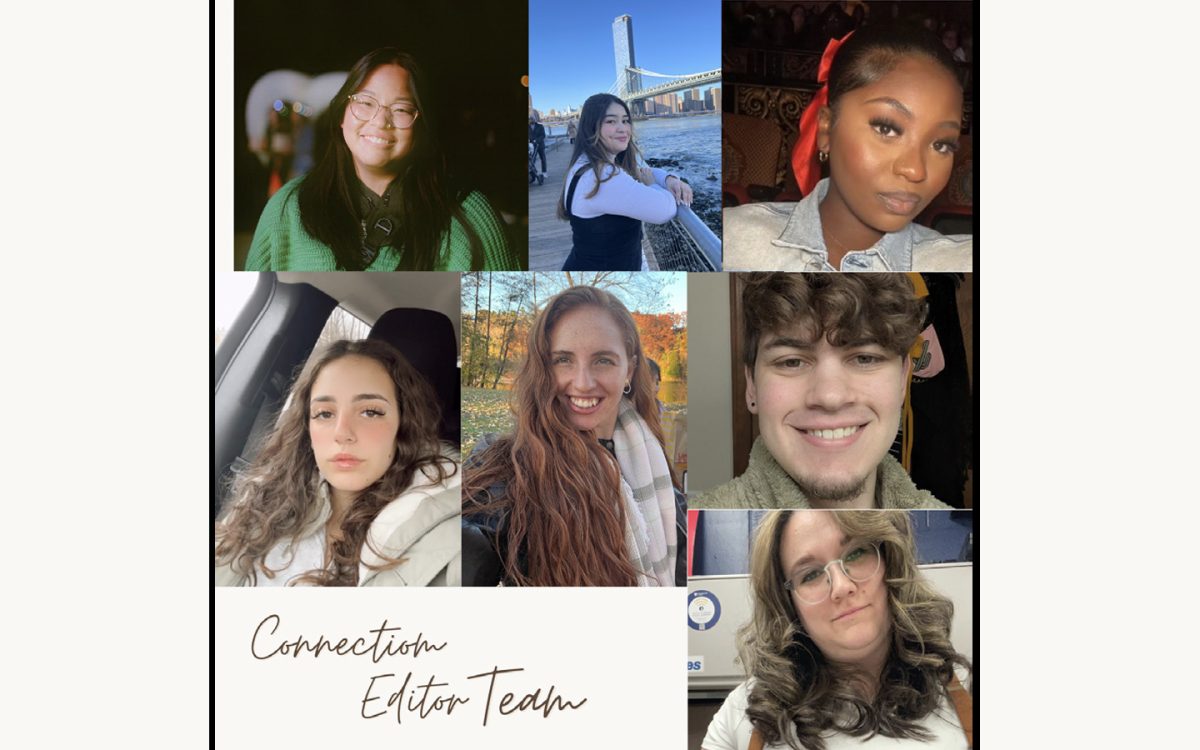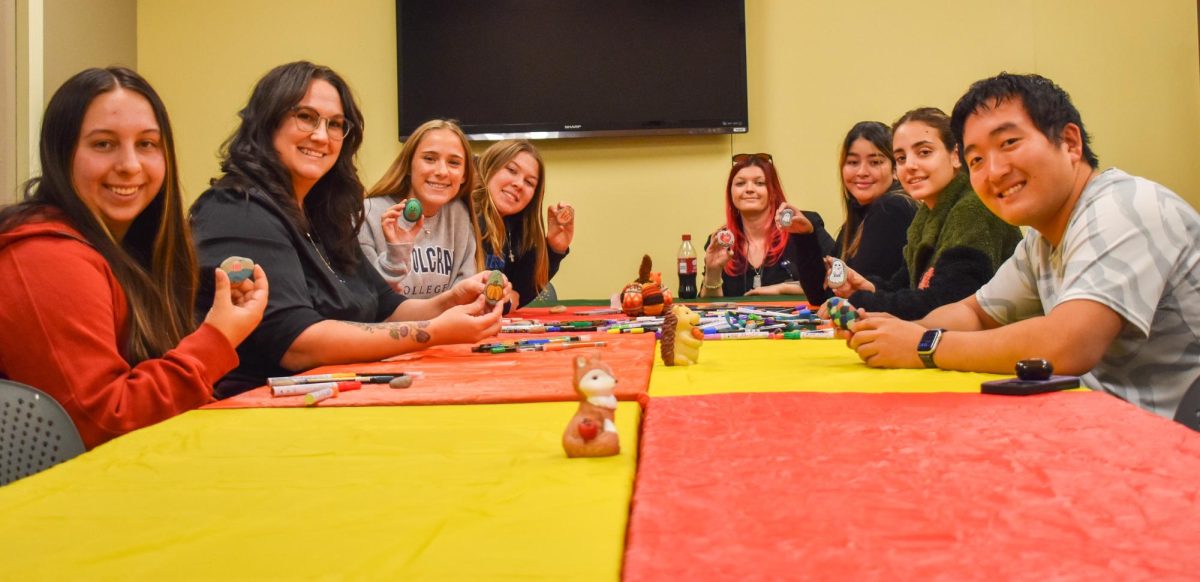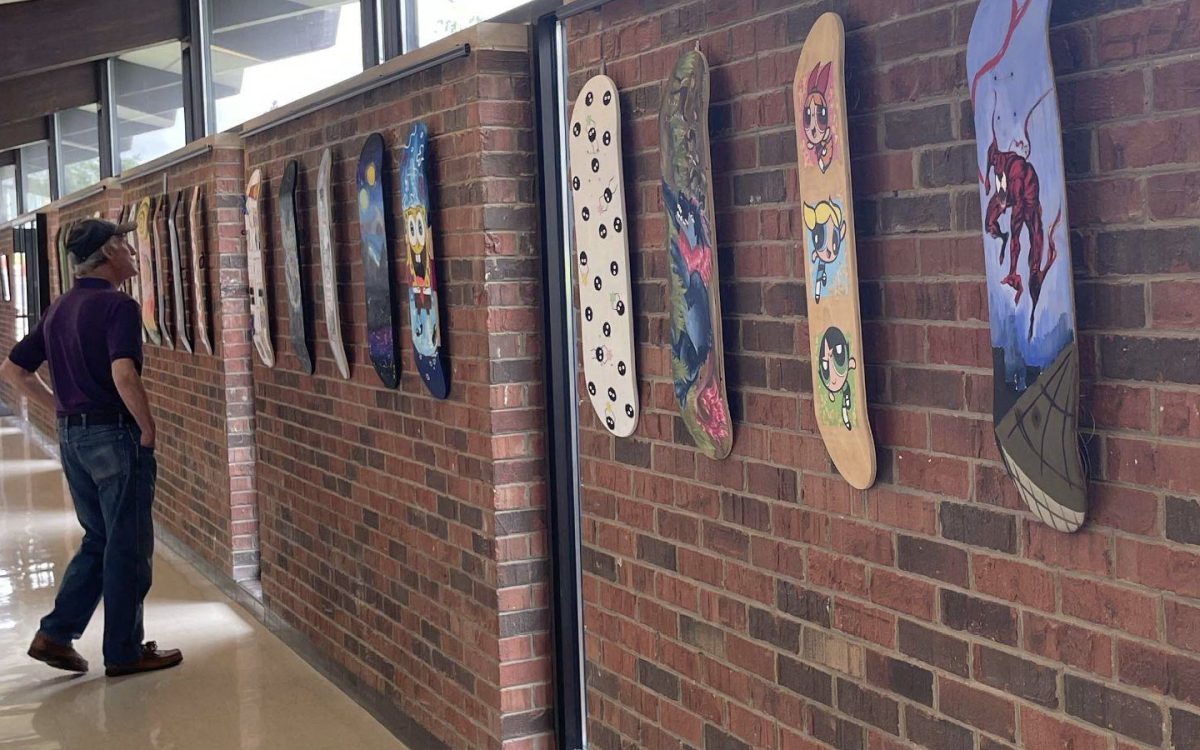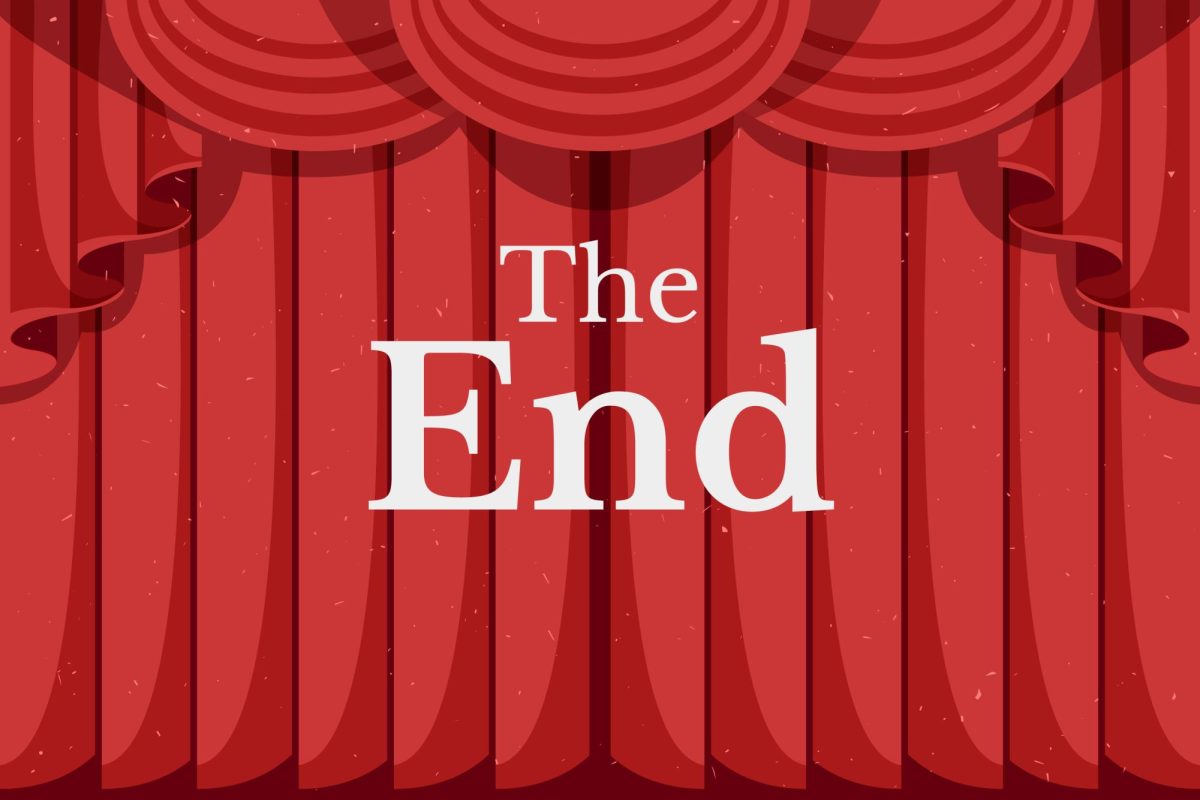Over the last few years, the American public has seen an alarming increase in book bans throughout K-12 public schooling across the country. From Toni Morrison’s “The Bluest Eye” to George M. Johnson’s “All Boys Aren’t Blue” to Angie Thomas’ “The Hate U Give,” several books have faced challenges and bans across countless school districts throughout the country.
With an alarming rise in hate-fueled rhetoric and misinformation surrounding discussions about race, sexuality, gender, politics and class, it has become extremely common for books exploring these topics through a progressive and accepting lens often garner a lot of misguided criticism from concerned parents.
Right-wing politicians have continuously been shifting their focus towards LGBTQ+ and non-white individuals, using marginalized communities as a scapegoat for the pressing issues that affect the lives of everyday Americans.
Red states like Florida and Texas have become notable for targeting public education, with the leaders of those states utilizing buzzwords like “gender ideology” and “wokeness” as a form of fear mongering.
As a result, the 2022-2023 school year saw 3,362 book bans according to PEN America, a nonprofit organization focused on the protection of free expression across the United States. The year prior PEN America recorded 2,532 book bans, and also found that the authors of these banned books were often female, people of color or belonged to the LGBTQ+ community.
Many parents who are in the same line of thinking from their politicians and are pushing for the banning of these books in public school classrooms and libraries arise from a fear of “indoctrination.”
Unfortunately, the actions of these parents tend to have more negative consequences than positive ones, as the erasure of marginalized communities within public schools and libraries can create a hostile and non-inclusive environment for the children who belong to these communities.
Banning books in public schools can deprive children of knowledge and an ability to appreciate the beauty in the world’s diversity: which is a form of censorship. Americans have long prided themselves in the belief that the United States is different because it is a free country, one that protects freedom of expression. In recent years, however, it seems as though this freedom only applies to one side, one which tends to bring about more harm than good, while eroding the voices of those who have been silenced throughout history.
It is imperative for books to be protected, for knowledge to be preserved. We must be willing to learn from the past, regardless of any sort of discomfort we may feel when faced with the truth. Otherwise, America may not be the free country it proudly proclaims itself to be.



